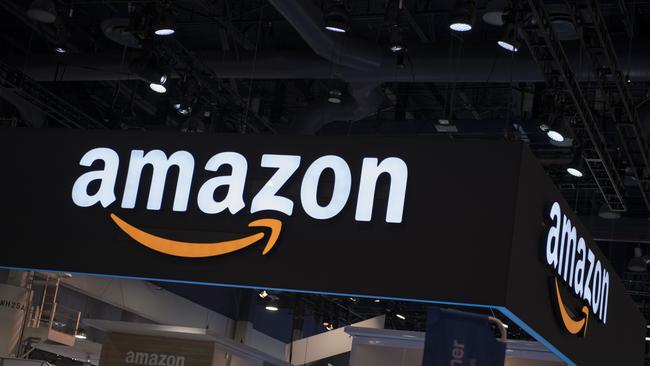US looks to restrict China’s access to cloud computing
Biden administration proposal, aimed at closing loophole in chip-export controls, could escalate tit-for-tat fight with Beijing.

The Biden administration is preparing to restrict Chinese companies’ access to US cloud-computing services, according to people familiar with the situation, in a move that could further strain relations between the world’s economic superpowers.
The new rule, if adopted, would likely require US providers such as Amazon and Microsoft to seek US government permission before they provide cloud-computing services that use advanced artificial intelligence chips to Chinese customers.
The Biden administration’s move on cloud services comes as China said on Monday it would impose export restrictions on metals used in advanced chip manufacturing.
This high-stakes conflict over supply-chain access to the world’s most advanced technology is escalating in the days ahead of Treasury Secretary Janet Yellen’s visit to China, a trip the Biden administration hopes will ease tensions.
Ms Yellen’s talks in Beijing are expected to touch on macroeconomic conditions in each country, as well as climate change and debt in the developing world.
The US’s proposed cloud restrictions are seen as a means to close a significant loophole. National security analysts have warned that Chinese AI companies might have bypassed the current export controls rules by using cloud services.
These services allow customers to gain powerful computing capabilities without purchasing advanced equipment — including chips — on the control list, such as the A100 chips by American technology company Nvidia.
“If any Chinese company wanted access to Nvidia A100, they could do that from any cloud service provider. That’s totally legal,” said Emily Weinstein, a research fellow at Georgetown Centre for Security and Emerging Technology.
The Commerce Department is expected to unveil the action within the coming weeks as part of an expansion of its semiconductor export control policy implemented in October, the sources said.
The Commerce Department declined to comment.
The ban on cloud services would be the latest in a series of tit-for-tat actions between Washington and Beijing over semiconductors and other advanced technologies.
Concerned about China’s advancement in AI technologies and their military applications, the Biden administration is stepping up efforts to limit transfers of chips and other products and services to Chinese companies.
China has struck back, including banning some firms from buying products from Micron Technology, the largest memory-chip maker in the US.
Ms Yellen has said she is hoping to arrest a downward spiral in relations, as US officials worry that China could cut off access to key goods such as components to electric-vehicle batteries. In China, meanwhile, officials contend the US is seeking to hobble China’s economic development.
Ms Weinstein said that as an alternative to blacklisting certain types of chips in cloud service, the administration could also restrict US companies from offering services to users linked to military, security or intelligence services in China and other countries of concern.
The new policy would expand the reach of the export control policy to a new set of companies beyond the semiconductor and equipment makers. Among US cloud-service providers, Amazon Web Services and Microsoft’s Azure are expected to be the most affected because of their existing presence in the Chinese market.
Neither Microsoft nor Amazon had any immediate comment on the potential action. In October, the Biden administration unveiled restrictions to curb exports of advanced chips and equipment, but hasn’t codified them in final rules. In the coming weeks, the final and upgraded regulations are expected to be issued, including expanding the scope of restrictions on AI chips made by Nvidia and others. The new cloud-computing rule will be part of that effort.
As part of the update, the US is also expected to unify the list of controlled chip-making equipment with the Netherlands and Japan. On Friday, the Dutch government published formal rules requiring its companies to seek government permission before they can sell some types of chip-making equipment abroad.
Under the rule announced by the US last year, American chip makers are required to obtain a licence from the Commerce Department to export certain chips used in advanced AI calculations and supercomputing in modern weapons systems. Outside of the export control regime, US officials and legislators have also been considering implementing steps to curb US operations of Chinese cloud-service providers such as Alibaba and Tencent.
The Wall Street Journal



To join the conversation, please log in. Don't have an account? Register
Join the conversation, you are commenting as Logout